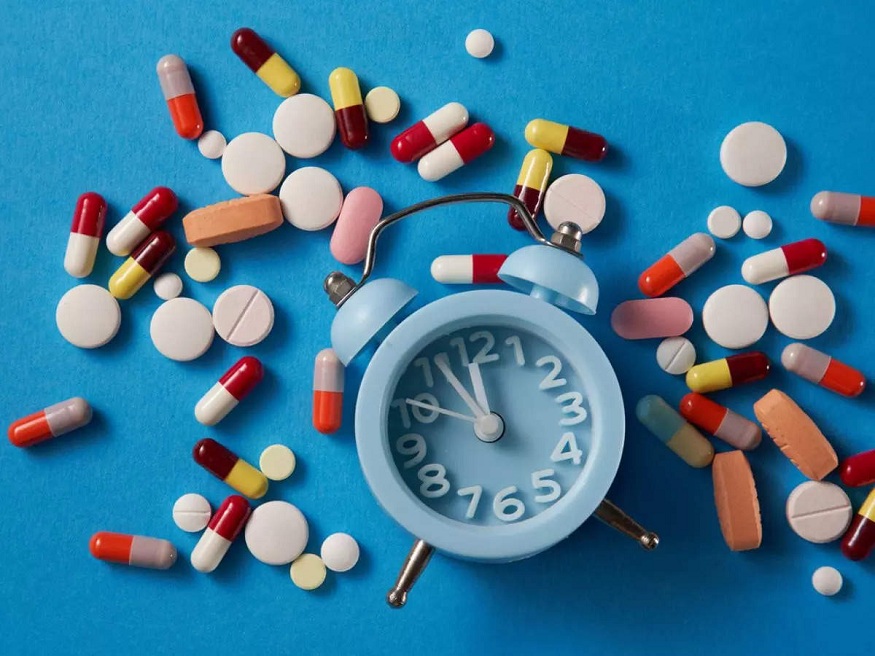There are many ways in which you can tell if you are receiving a placebo in a medical trial. Depending on the type of study, you may receive a pill, a shot or another form of treatment that isn’t actually an active drug.
Placebos are often used in studies to see how new drugs will affect people with a specific disease or condition. This is called a clinical trial and it’s important for researchers to find out how well the new drug works before it goes into mass production and becomes available to the general public.
During the clinical trial, participants are given a pill or other treatment that isn’t an active drug. This is called a placebo and it’s typically a sugar pill or something else that won’t do any damage to the body.
In some cases, a placebo can have a dramatic effect on your symptoms and even change how you feel. This is known as the placebo effect and it is a common phenomenon that has been around for decades.
The placebo effect is one of the most well-known and studied effects in health care, but it can be difficult to understand. There are many factors that play into the placebo effect, including expectancy and conditioning.
Expectancy: If you have an expectation that the drug will work, you’re more likely to respond favorably to it. This can lead to changes in your symptoms, such as pain or nausea.
Conditioning: If you have a tendency to react favorably to a particular medication, you’re more likely to take it again when you need it. This is called conditioning and it’s a learned behavior that comes from years of taking medication, like an over-the-counter headache remedy like acetaminophen (Tylenol) or an antibiotic.
A recent study found that patients with irritable bowel syndrome can experience positive effects even when they’re given a sham drug, such as a placebo. The sham drug has no active ingredients, and the study showed that these patients experienced positive results 40% to 50% of the time.
These findings are surprising and suggest that the placebo effect could be beneficial for a variety of diseases without the need for deception on the part of the doctor.
Several studies have shown that the placebo can reduce anxiety, trigger brain chemicals that relieve pain, and alter brain activity to promote relaxation and improve sleep.
The researchers hope that this will help doctors better understand how a patient’s symptoms can be altered by medications or other treatments.
A placebo is a drug that doesn’t have an active effect on the body and is usually in the form of a sugar pill, an injection, or a consumable liquid.
In the past, the placebo has been seen as an enticement to patients who want to take medications that don’t have any real medical benefits, but it is not a good idea to give people a sham treatment that contains no medicine. This could be a violation of the law and can result in side effects and other problems.

